About Us
Researchers + Clinicians
Parents

The National Stillbirth Webinar Series replaced our annual forum in 2020, which was disrupted by COVID-19. The four-part webinar series (22 July – 12 August 2020) was a huge success with over 600 attendees joining us from all over Australia and Internationally.
This webinar series had a strong emphasis on presenting learnings from the challenges presented by COVID-19 as well as updates on important current work by the Stillbirth CRE and our many partner organisations.
Thank you to Federal Health Minister Greg Hunt for launching the series and his ongoing support of our work, and thank you to all those who chaired, presented and attended the webinars.
Abstract
The Safer Baby Bundle (SBB) is the first national stillbirth prevention program, and since the concept was developed a lot of work has gone into developing the resources, and planning implementation through the three health jurisdictions who are part of the NHMRC partnership grant. Victoria launched in June 2019 and the e-learning resource launch took place at Parliament House in October. NSW launched in early 2020, but unfortunately the COVID-19 crisis delayed the launch in Queensland until later in 2020. Work with the other jurisdictions continued despite not being able to formally progress plans, and it is hoped that all health services will be involved in some way soon. There is a date set for a launch in WA in November 2020. This presentation reviews what has been achieved to date, the different ways in which the states and territories are approaching the roll-out, and lessons learnt from the Victorian experience.
Minister’s Message Replay
Abstract
The National COVID-19 Clinical Evidence Taskforce is conducting continuous evidence surveillance to identify and rapidly synthesise emerging research to provide national, evidence-based guidelines for the clinical care of people with COVID-19, including pregnant women and newborns.
To support the Taskforce, Burnet Institute researchers conducted a rapid review of maternal and perinatal health recommendations from international and national guideline developers, identifying care practices where conflicting guidance was present.
An overview of available maternal and perinatal health guidance, as well as the key recommendations emerging from the COVID-19 Taskforce pertaining to antenatal, intrapartum and postpartum care, was presented.
Webinar Replay
Abstract
Perinatal loss is a devastating experience for parents and navigating the path through grief is confusing and complex, though it is made easier by good bereavement care. Providing high quality bereavement support and care is challenging for health professionals in busy and high pressure maternity care settings. The experiences of both bereaved families and the health professionals providing them support have been impacted by COVID-19, sometimes in unexpected ways.
This webinar considers feedback gathered from bereaved families and health professionals about the impact of COVID19 on bereavement care and highlight some of the adaptations that have been, or could, be made to optimise support for parents.
Webinar Replay
Abstract
Stillbirth is a tragedy regardless of the gestational age at which it occurs. Those stillbirths that occur in the few weeks leading or following the estimated date of birth often leave the mother, family and care givers wondering whether earlier planned birth was indicated and could have averted the baby’s death. As focus and awareness of stillbirth has risen so too has our understanding of the short term and longer-term risks of being born even a few weeks early. A challenge of maternity care is to offer early planned birth in pregnancies at risk of stillbirth without causing unintended harms. This presentation examines trends in late gestation stillbirth, what information parents and caregivers wish to know with respect to planned birth and the work that the CRE is undertaking to co-design materials so that decision making is optimised.
Webinar Replay

Level 3, Aubigny Place
Mater Research Institute
Raymond Terrace,
South Brisbane QLD 4101
The University of Queensland Faculty of Medicine